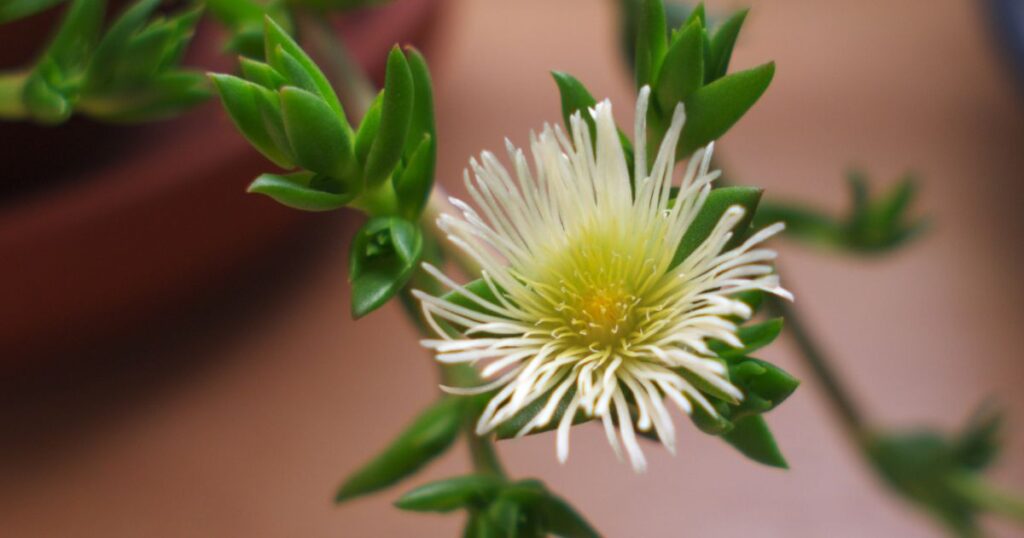In a world where people are becoming increasingly aware of the broad biodiversity of consciousness altering plants and fungi, a “choose your own adventure” playbook for enhancing well-being and stoking stimuli in the human brain is more available than ever thanks to the global market.
Today, we’re journeying to South Africa to investigate one of the most prominent emerging ‘ethnobotanicals’ that is quickly gaining traction in the plant medicine space globally.
Kanna (Sceletium tortuosum) is a succulent plant from South Africa that has been used by the San and Khoikhoi indigenous peoples for numerous generations. The active alkaloid, mesembrine, helps with serotonin reuptake in the brain which can reduce stress, enhance mood, and strengthen memory and attention span among other notable results. It’s also being actively used in pharmaceuticals and as a prescription medicine
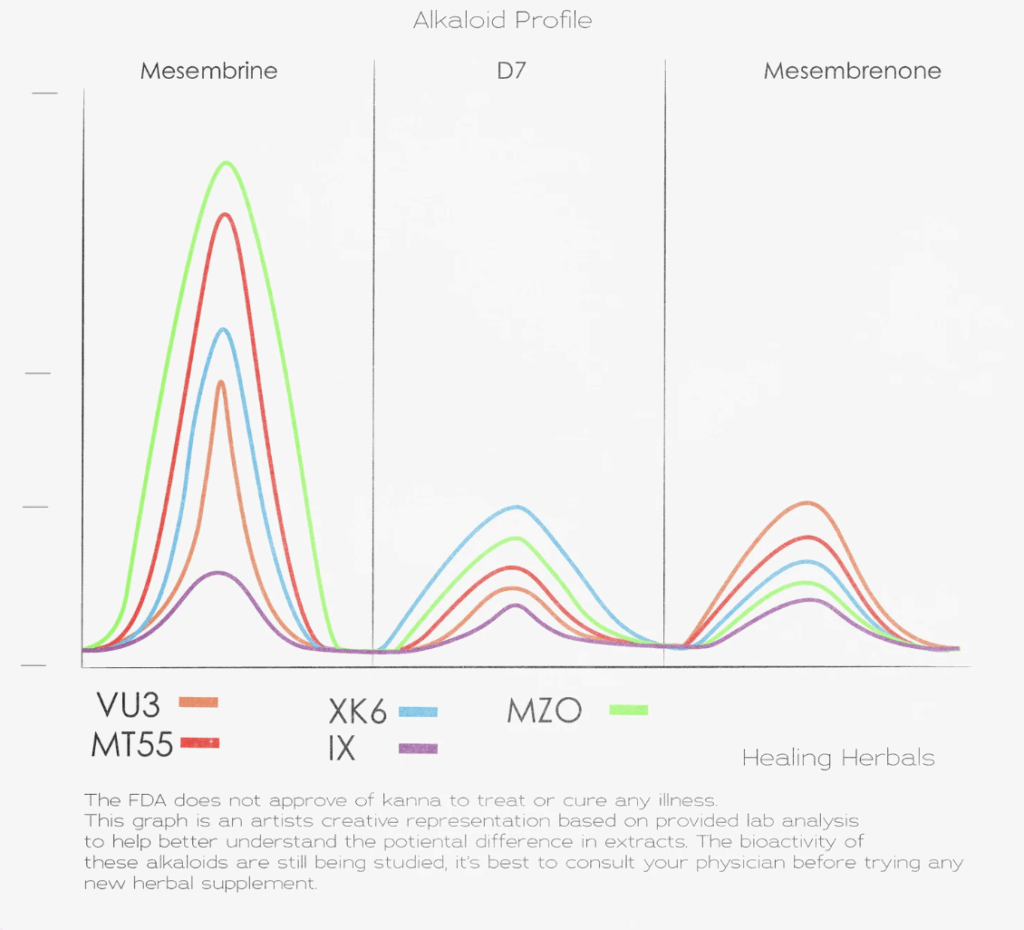
In the rapidly growing global trade of psychoactive plants, Africa has emerged as a hotspot with a number of ancient plant medicines that are finally getting their due recognition in mainstream society.
Iboga is one notable example; this intensely psychoactive shrub endemic to Gabon and long known to the Bwiti people there as ritualistic and visionary sacrament is now the darling of the psychedelic movement in western culture thanks to its propensity for rapid alleviation of opioid withdrawal symptoms and numerous other well-documented healing properties.
These entheogens and their active alkaloids target the neural pathways of the human brain in precise ways, and act upon specific receptors that fit like a lock and key in tandem with the various molecules and compounds targeting them.
And while a great number of traditionally revered psychoactive plants from coffee to kratom to cannabis have achieved mainstream cultural and scientific recognition in modern society, a bumper crop of generally lesser known alkaloid containing plants with a rich history of human use are increasingly gaining traction with people across the world.
With the arrival of Iboga on the world stage and shifting societal attitudes in favor of plant medicine, the extraordinarily biodiverse and culturally sophisticated African continent is emerging as a hotbed for psychoactive plants and ancient healing traditions as the modern world finally begins to embrace the legitimacy of what generations of ‘Bush Medicine’ practitioners on the continent have always known.
As these time-honored ethnonotanical traditions grow in popularity on the U.S. market, some vendors are making the leap from bulk buyer to distributor by travelling to the homeland of the psychoactive succulent and leasing land to cultivate the rare botanical on.
“Being with the plants and harvesting and sitting with them in their drawing room and just smelling the fragrant odor off the cauliflowers was like honeysuckle” says Robert Lattig, Founder of rare botanical superstore Healing Herbals and one of the leading Kanna purveyors in the United States.
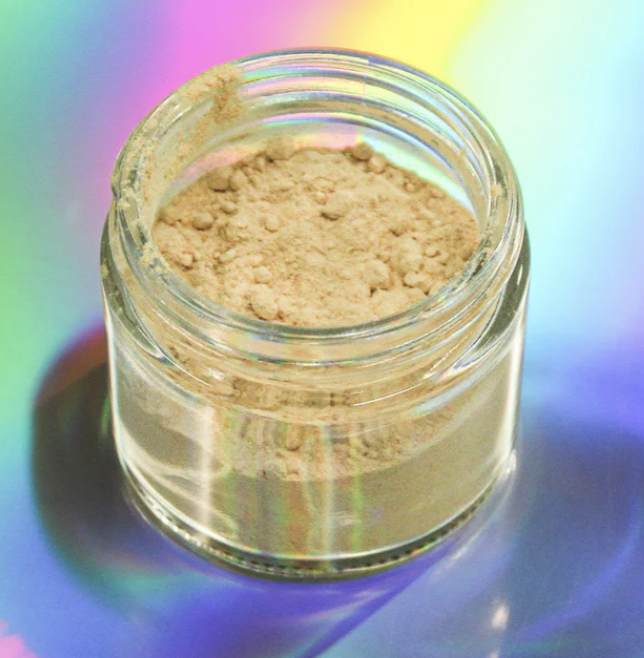
The Rising Profile of Entheogens in Africa
Lattig is currently in South Africa spending time on the ground with their Kanna cultivation partners on land that the company leased to take full control over their Kanna supply chain.
“We’re not just breeding for bulk quantities, but also breeding for high potency assembling or massive or known containing alkaloid crops” says Lattig.
An entire cottage industry around ‘legal entheogens’ has sprung up prolifically on the heels of broadening public awareness of and interest in the many psychotropic plants that have traditionally been used around the world.
When the current drug scheduling system that criminalizes the use of a number of hallucinogenic plants, fungi, and cacti around the world was drafted in 1970, many of these alkaloid-containing plants were unknown to the general public and likely to regulators and prohibitionists as well.
While cannabis, psilocybin, mescaline, iboga and various other plant derived psychoactive and psychedelic compounds were legally restricted from the public domain, numerous other psychoactive plants and fungi remained unscheduled due to their obscurity and lack of public use.
This is one of the ways that the Amanita muscaria mushroom, for example, remained unscheduled and has been openly consumed and commercialized in different countries around the world, including the United States.
Kanna is a rapidly growing niche within the $500 billion plus global supplement industry. As natural and traditional healing compounds are being increasingly sought after by consumers in the United States thanks to a sea change in public perception around more mainstream plants and fungi like cannabis, psilocybin mushrooms and numerous others, the door has swung wide open to hundreds of other plants and their bioactive compounds gaining a foothold in the U.S. market.
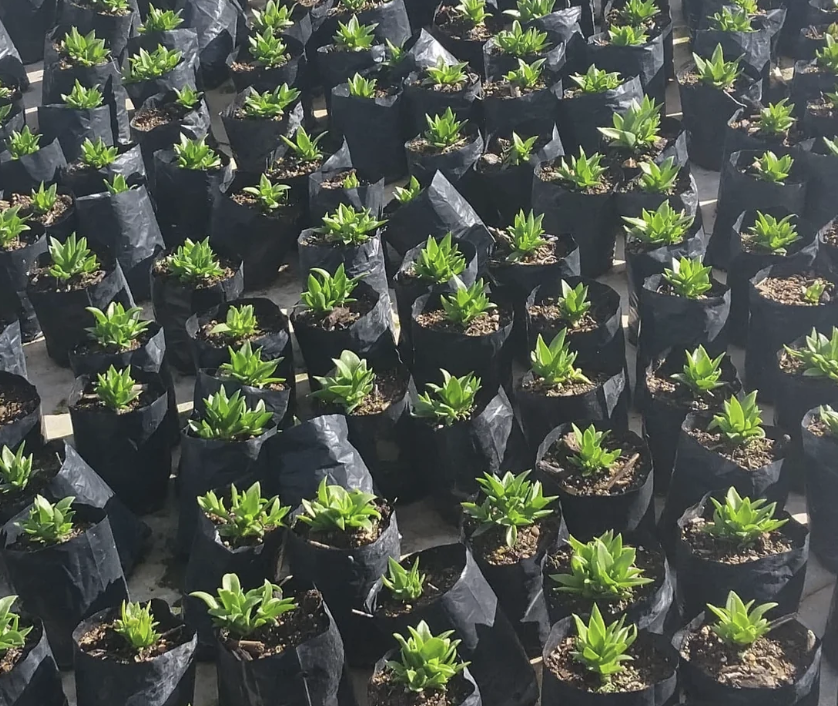
South Africa, and the African continent more broadly, is a benefactor of this increased awareness of various alkaloid containing plants and fungi that have been used for countless generations to enhance human potential and to vitalize health.
But as the profile of the Kanna industry and the emerging medicalization of Iboga take center stage in the west, numerous questions related to the ethics and sustainability of sourcing these powerful compounds remain. As such, it falls upon the industry itself and consumers themselves to learn about the narrative arc behind where these products come from.
“We’re here in South Africa on the ground right now sitting down with our director of operations and the farmer that grows the Kanna we distill from. We’re working out the game plan on how to become more sustainable, how to boost the alkaloid content in our plants and flowers, and how to serve as a model for the rest of the ethnobotanical industry” says Lattig.
As western consumer and medical industry interest in indigenous plant traditions around the world continues to surge, the need for ethical and transparent supply chains is more pressing than ever.
And in this regard, ambiguity around sourcing and public educational outreach presents a sizable opportunity for stakeholders in the ethnobotanical industry to step up and establish themselves as leaders in this global market.
This is a part of a series called Tripper Advisor between Dennis Walker and Beard Bros Media, you can check out all articles in the series below.
Tripper Advisor: Psychedelic Hotspots Around The World
Tripper Advisor: Jet Set & Setting – The International Psychedelic Conference Circuit
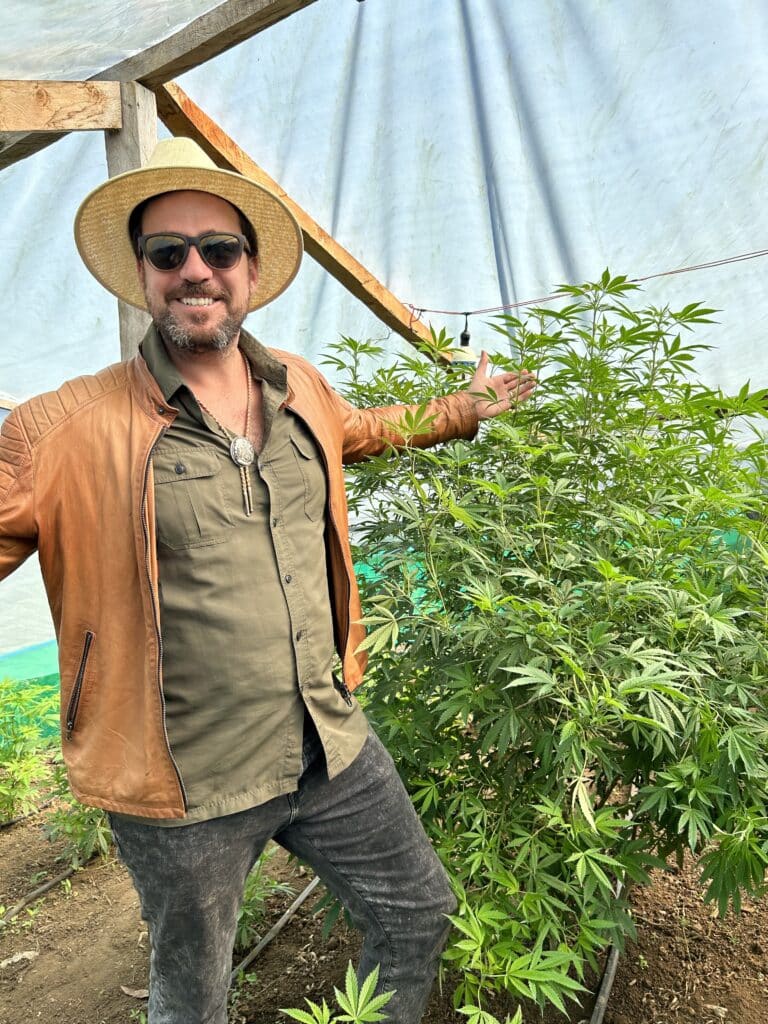
Dennis Walker is a satirist and multimedia producer who covers the global mushroom and cannabis spaces. He is best known as the Founder of the Mycopreneur platform. He has hosted over 200 mushroom entrepreneurs from 30+ countries on the Mycopreneur Podcast and regularly appears at conferences and festivals around the world as an emcee, keynote speaker, and panelist. Mycopreneur has been featured in Forbes, Rolling Stone, High Times, and numerous other globally prolific media platforms.



